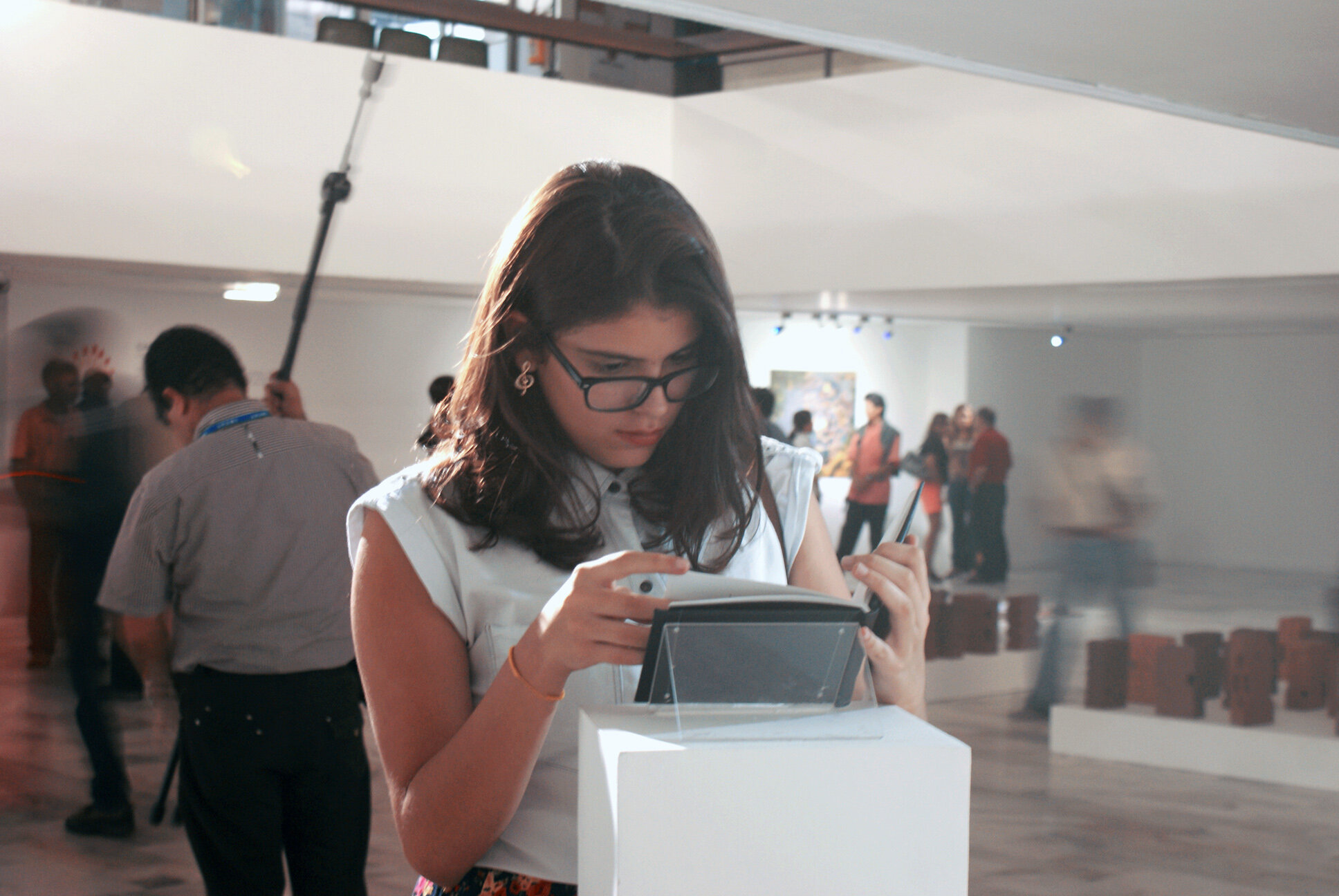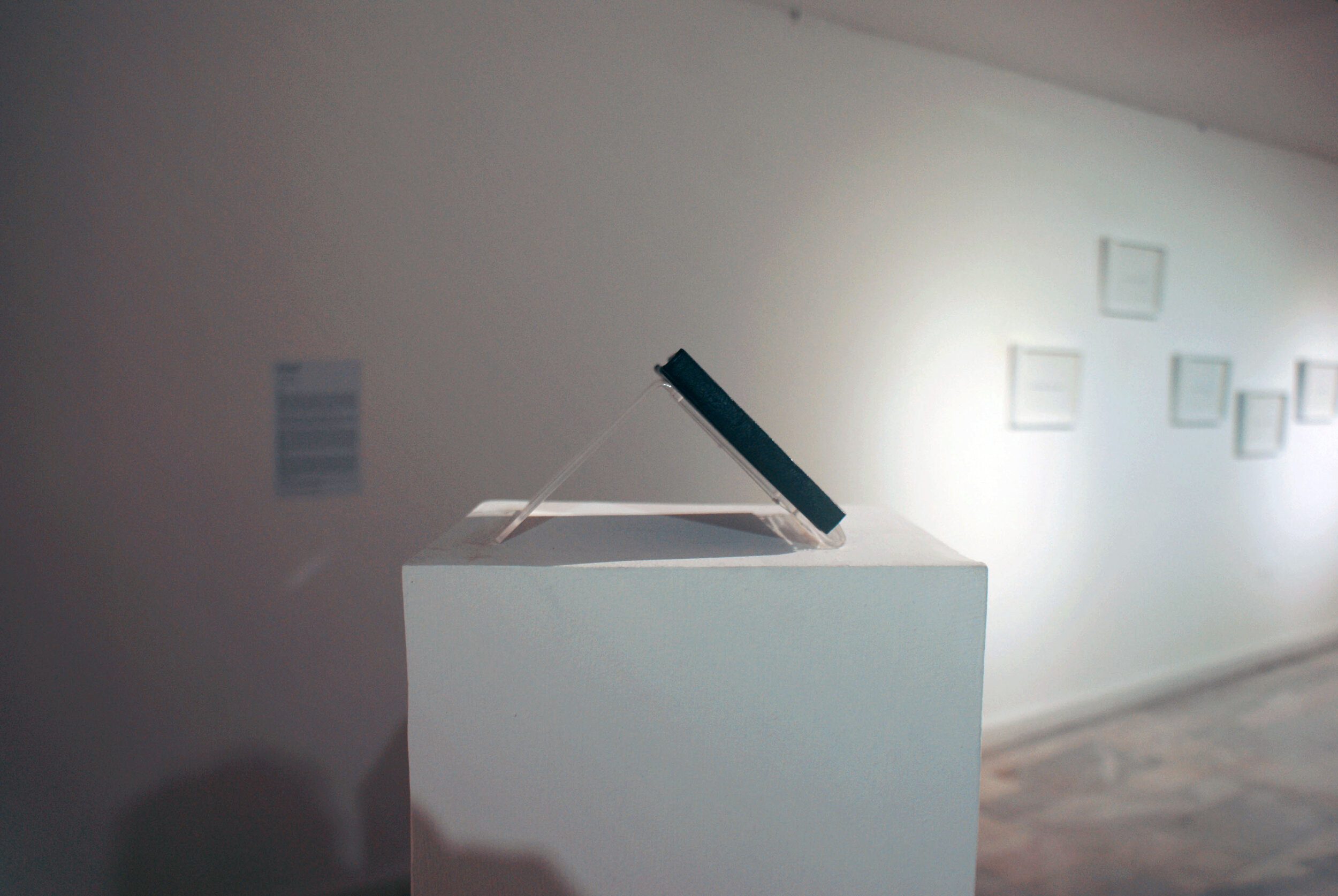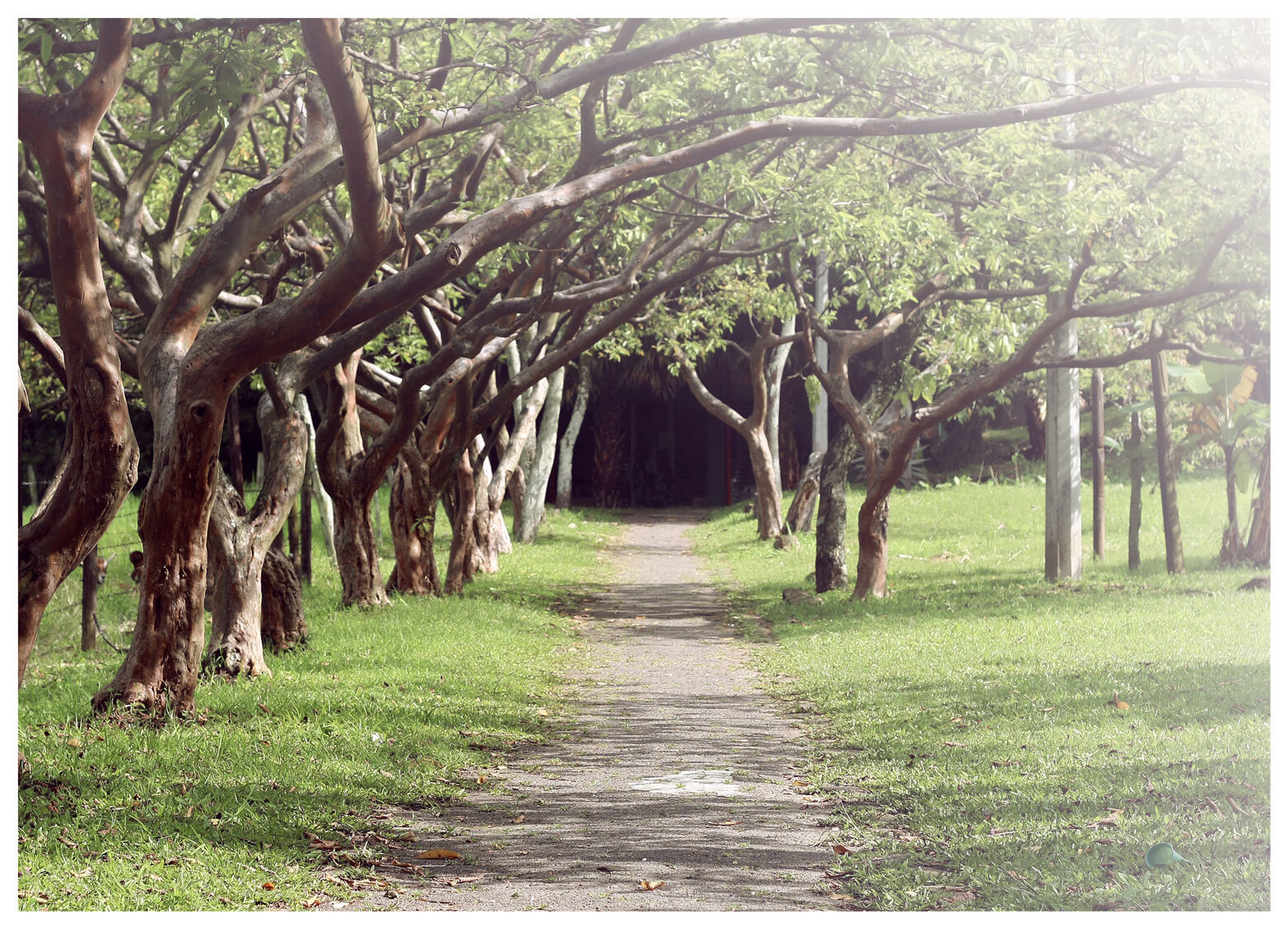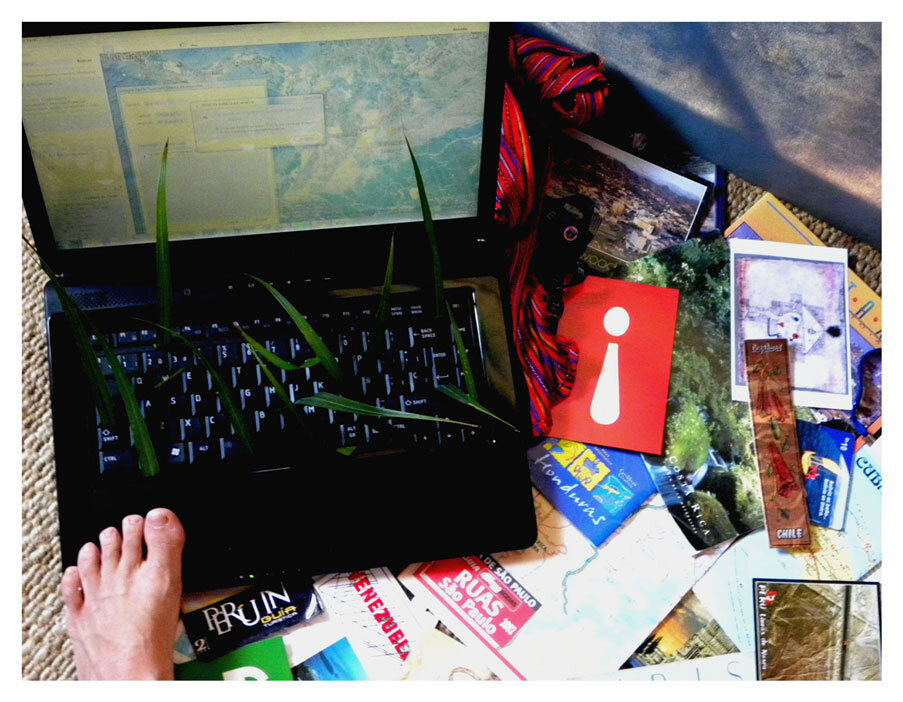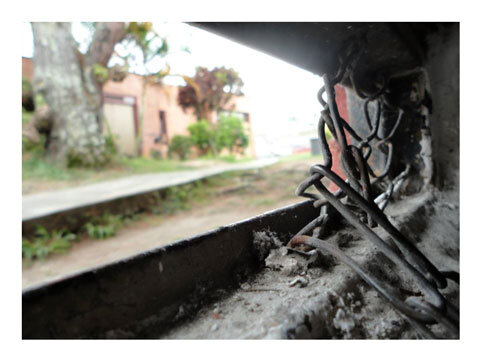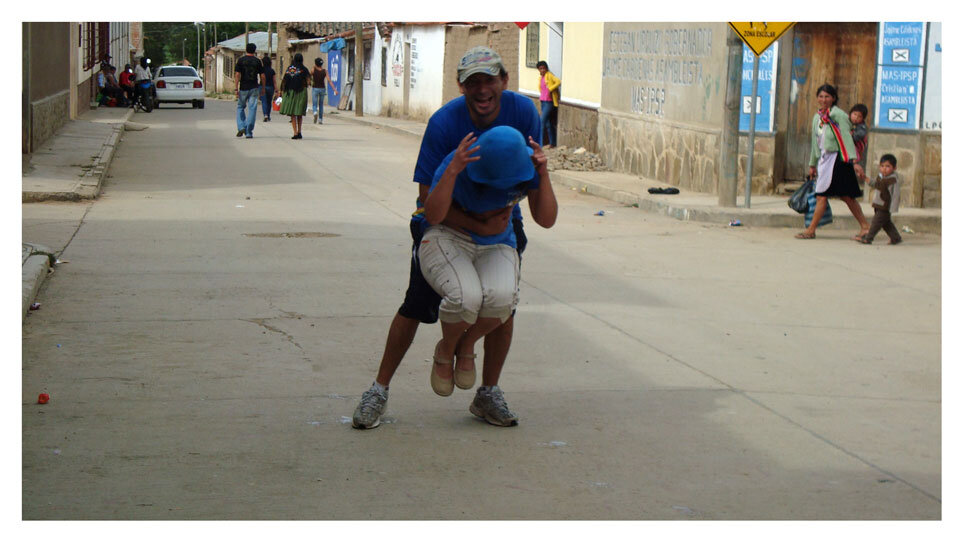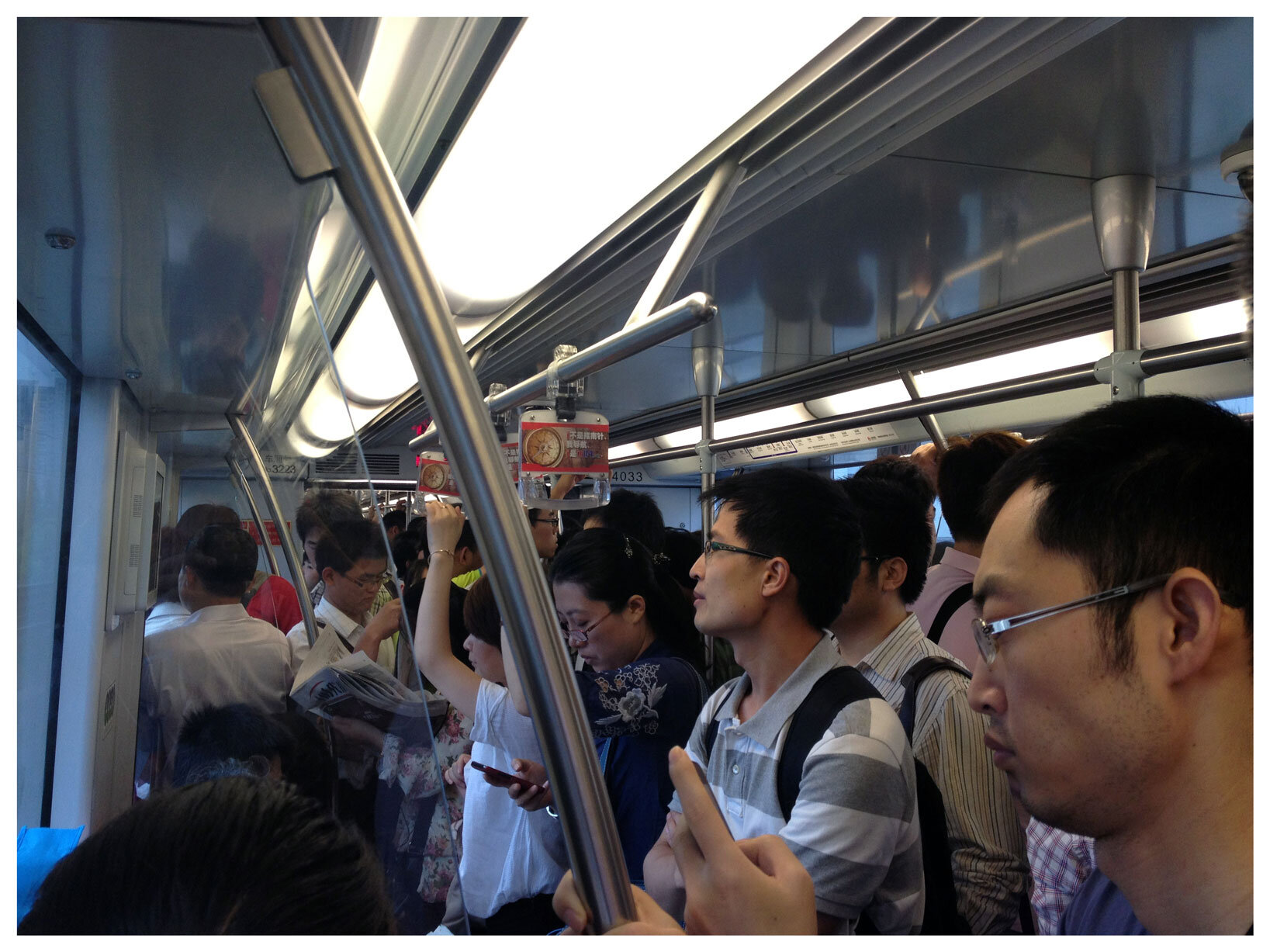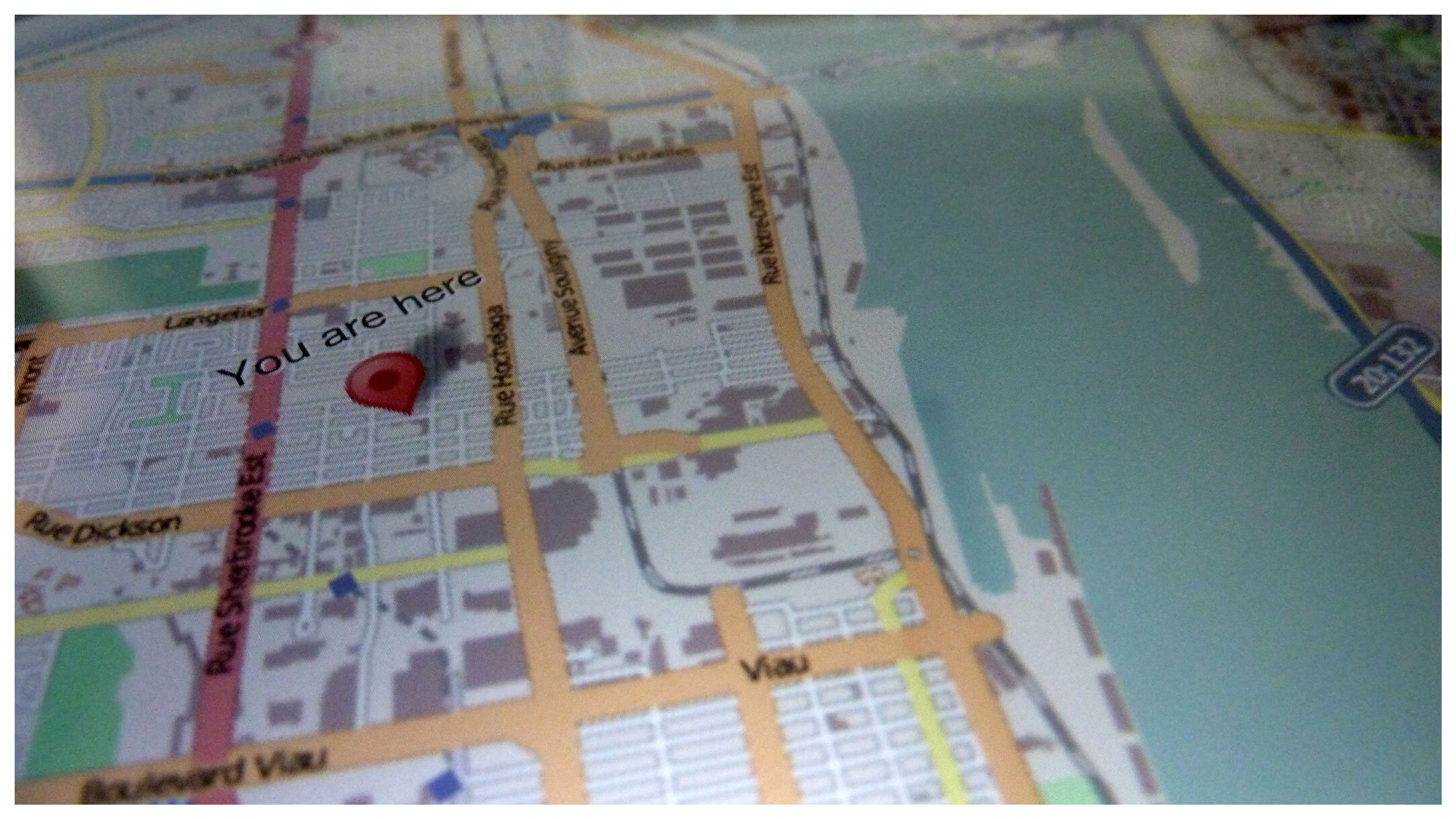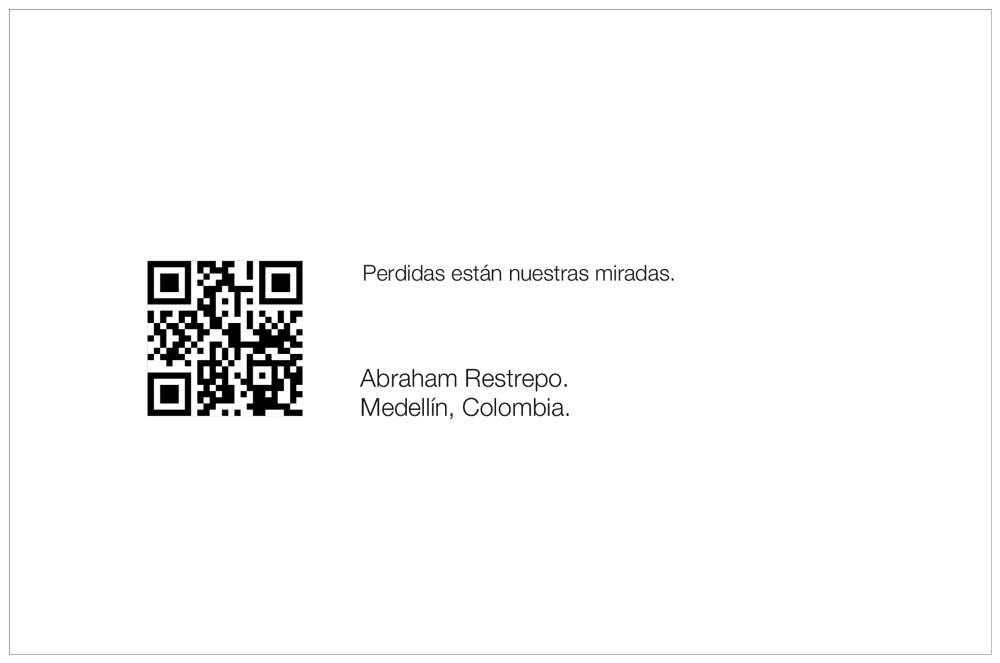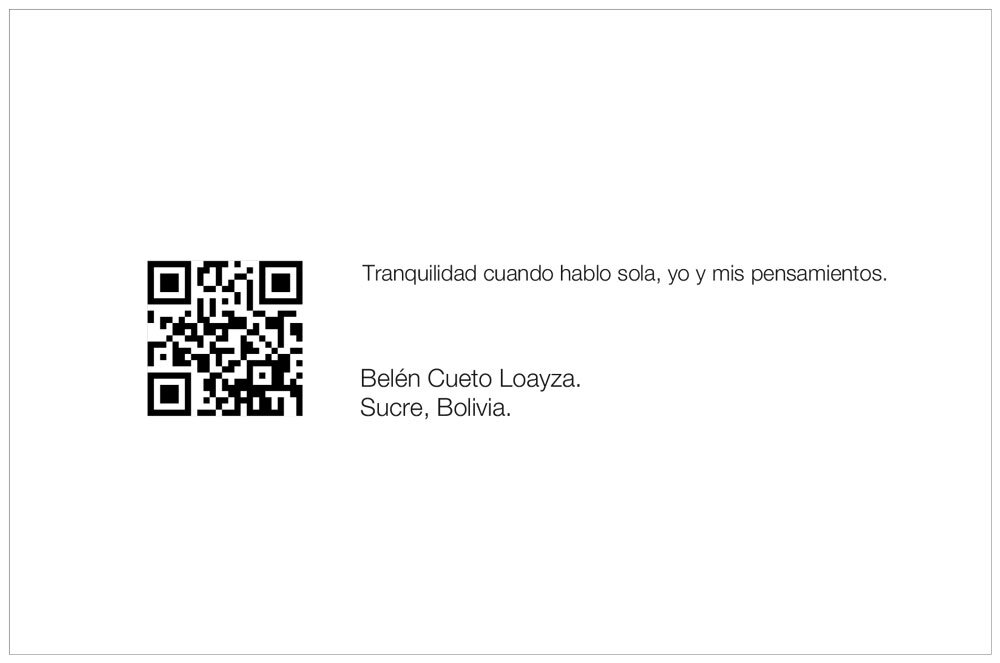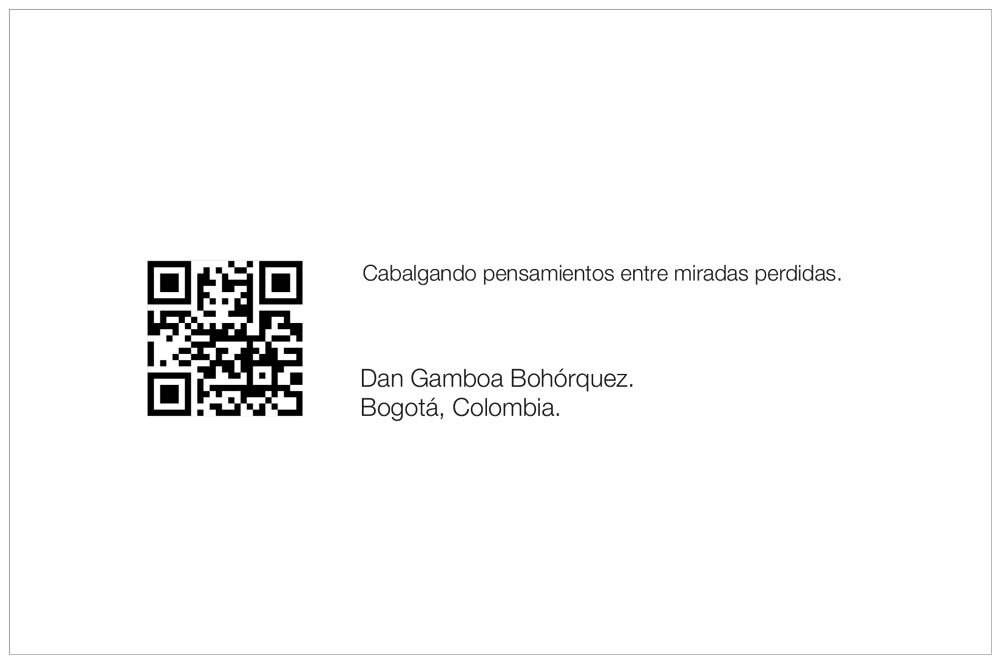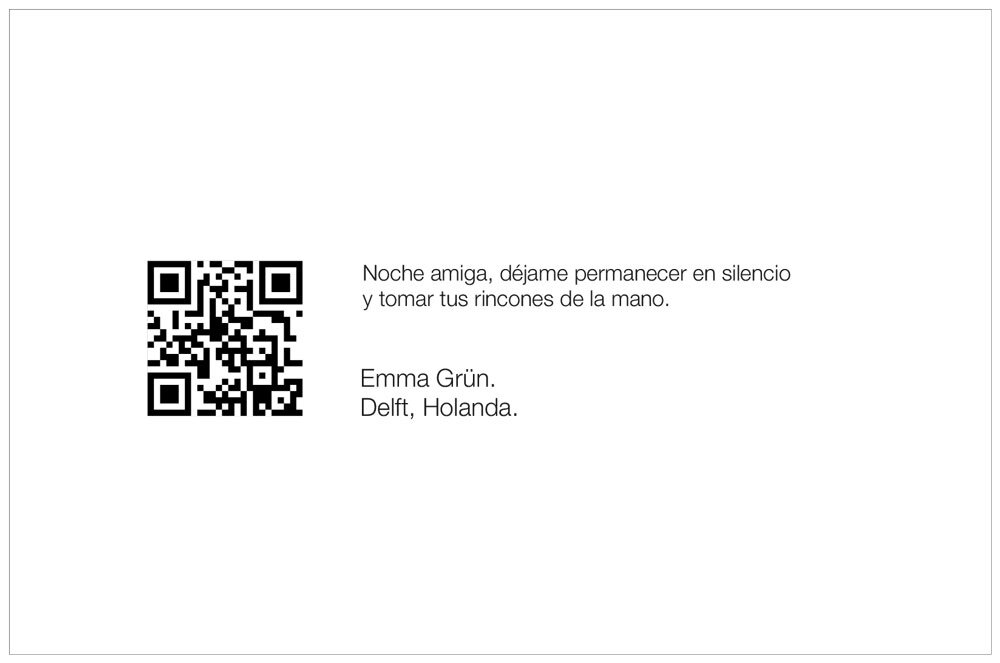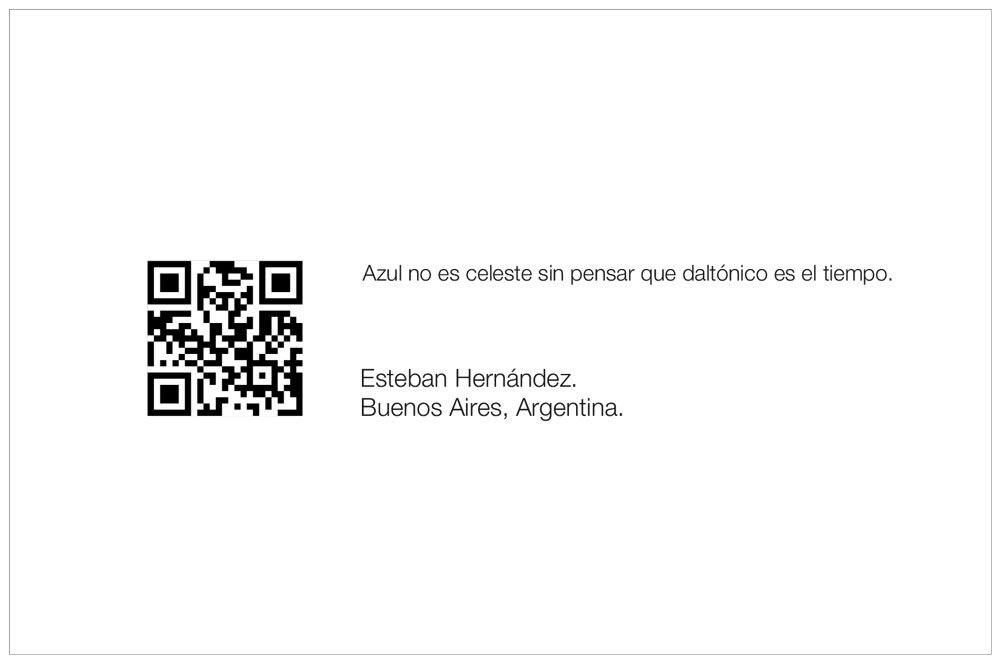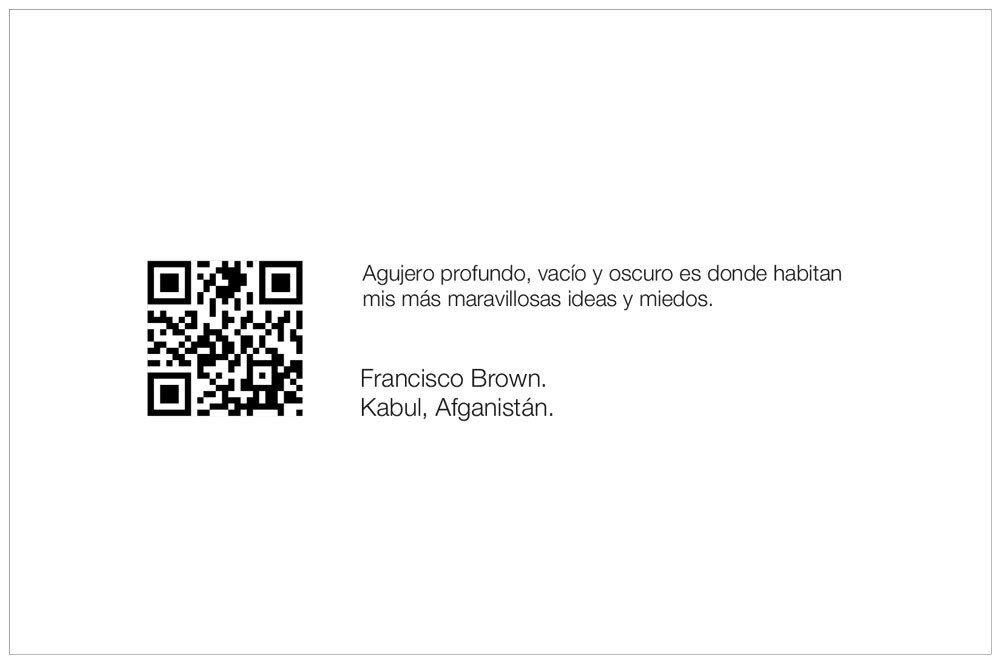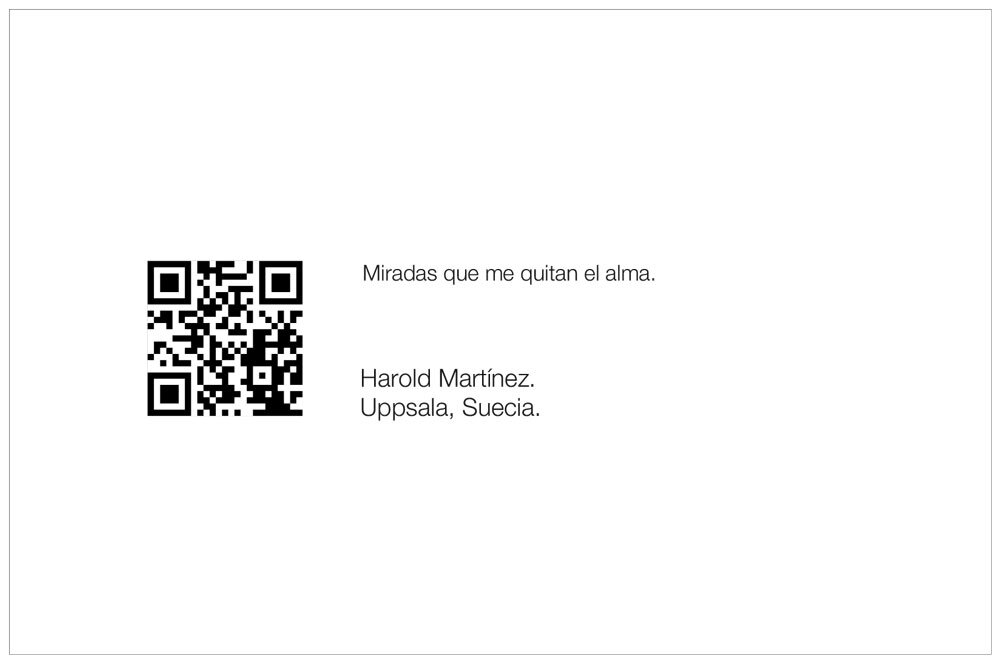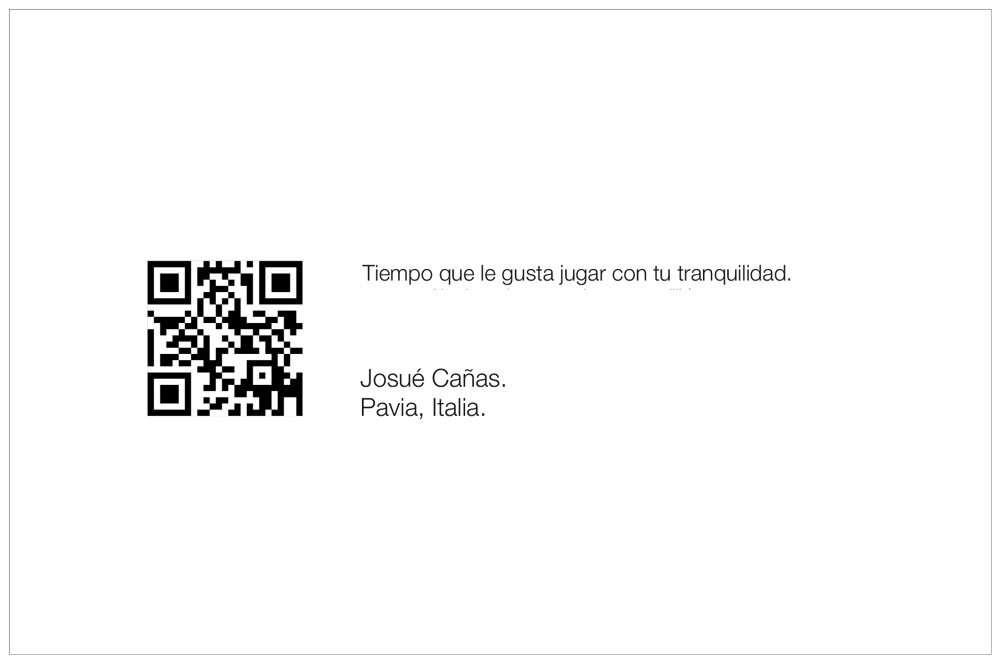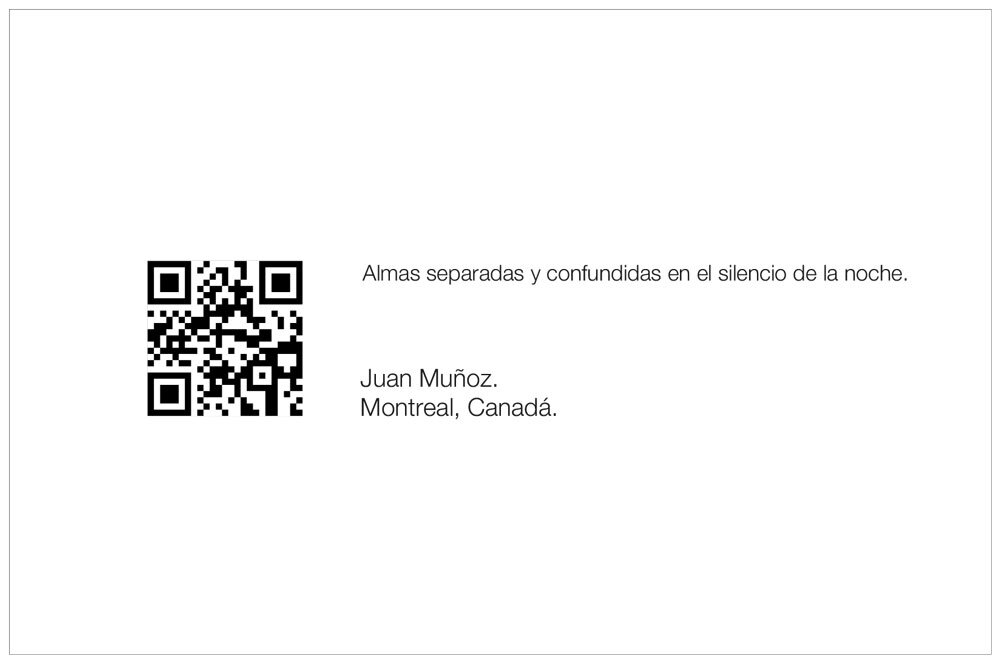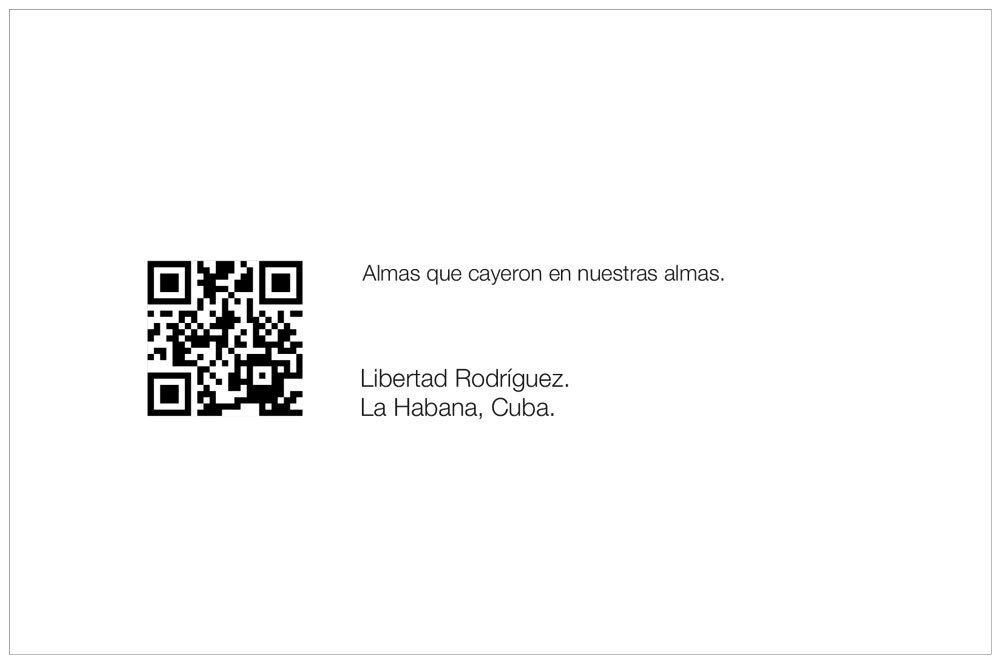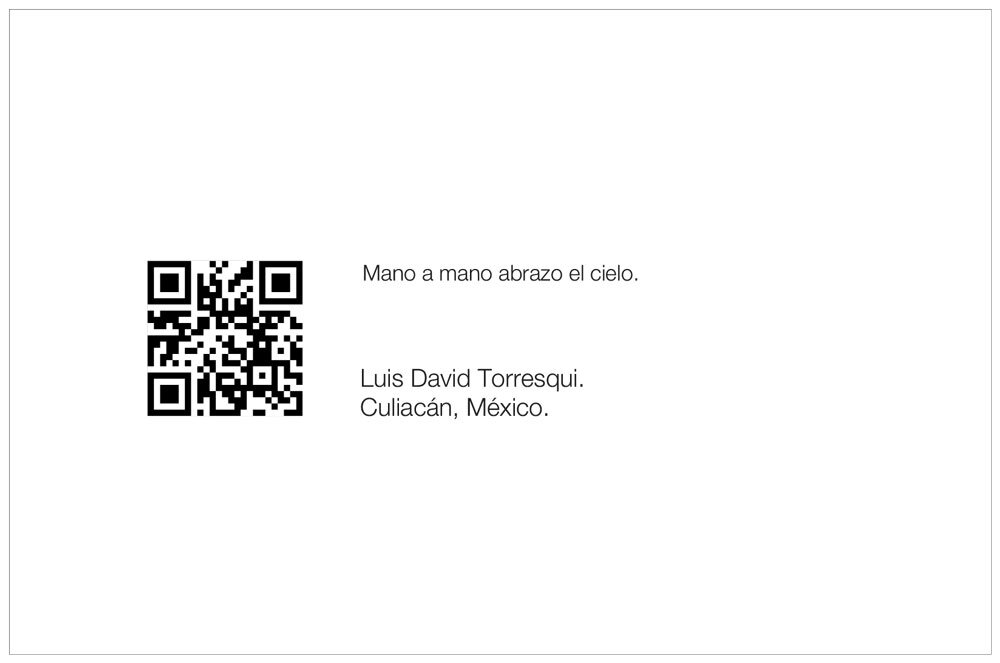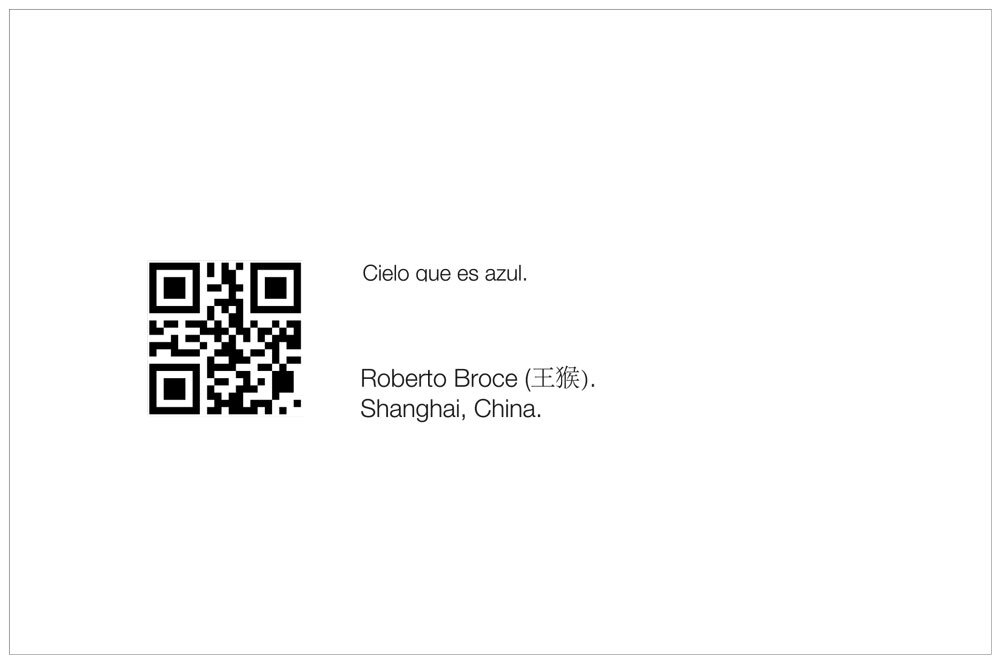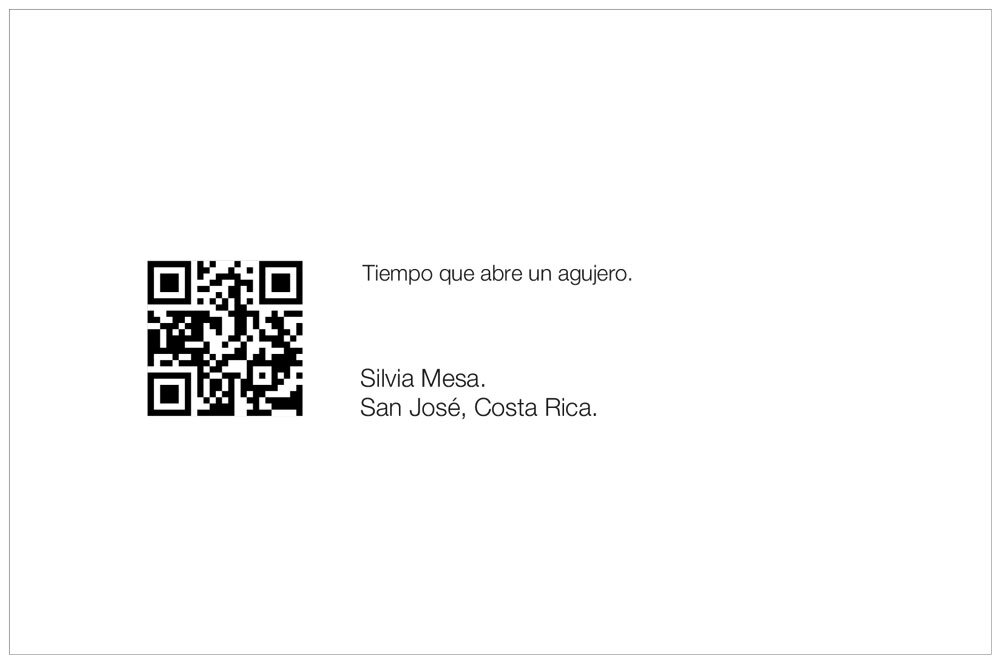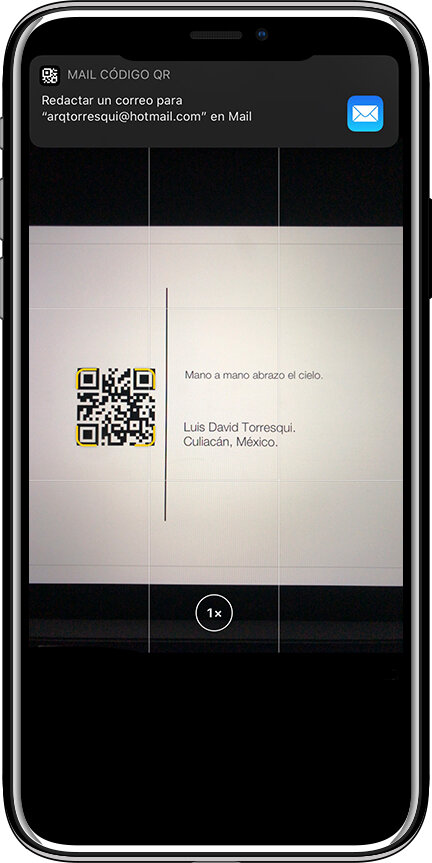Zip Codes (Códigos Postales)
The world, globalization, and links. Not long ago I thought the borders were dividing lines, black in color that separated territories; even as a child, I came to think that if I was on a plane and looking down I could see them. Growing up in Cucuta, I was always aware of the border, how to cross it and how to transgress it; to explore and investigate what was beyond the road. I always thought that crossing the edge was the goal since all my school friends knew Venezuela except me. Maybe that's why Tintin or Indiana distracted me, my childhood heroes, who knew how to cross the boundaries and venture.
Not long ago, I thought the best way to communicate came by regular mail. My dad's postcards are still in the bureau of his old travels in Europe, written in other languages, printed on other papers. I have always had an adventurous spirit and I have always considered that traveling depends more on the sensation than on the route. I have had the opportunity to travel thousands of kilometers in a few years. Latin America has given me hundreds of experiences, exchanges, and opportunities.
It was crossing the border, taking the passport and traveling without radar. I met great people from my home desk thanks to the internet and I recognized them when they were in front of me. The issue is to know and recognize, in different ways, different paths.
Did I need to travel to Venezuela to know Venezuela? I do not need to travel to China to know that in China labor is cheap, it only remains to look at 80% of my clothes. Borders only exist for the inhabitants; The border patrols and embassies. A border is not a plastic edge but an elastic one where the transfuse of the native elements become foreign without thinking.
How far does the border for a Nike shoe made in Thailand go? What is the border for a Facebook contact with whom I can connect at any time of the day? Why does a piece of paper money lose value when it leaves the border? So, the border is a mental limit that defines the physical, it is a control. And such control can already fade away thanks to technology. The transfer and virtual intercom have lost limits with the real one. The living room of your house can be at the entrance of the door or in your messenger. The non-virtualization of spaces as well as the intercommunication of people is a reality, and ironically the virtual and the real are no longer antonyms. People transform into hyperlinks, objects in pixels, and borders empty. Practically, the passport does not work in the virtual world.
After touring 16 countries in this period, to investigate their cities and their inhabitants, I could see that the transfer of information escapes the edge and control. Traditions, culture, habits have gradually been permeating foreign habits. During that period, I did an extensive work of photography and written production analyzing each country, each city, each inhabitant that crossed my lens. This investigative work, without any sort of orderly search for conclusions, allowed me to know what I had imagined and recognized what I had not considered.
During all these trips I have woven networks with distant friends. I have always been in contact with them, I know of their lives of what they do and what they stop doing. The job for the Regional Artists Salon is to materialize this fabric, this correlation of people, erasing borders and crossing the pre-established limits.
About 4 years ago I met some wonderful friends playing Exquisite Corpse at a table in Managua, Nicaragua. They, now distant, keep in touch with me and we are very close. Kabul, Cúcuta, Barcelona, and Sinaloa are now our places of residence but not of coexistence. The body caught my attention. A collective assembly, performed progressively where the total was revealed at the end and discovered a plot that reflects an unconscious reality or an emotional thermometer.
From this experience, I would like to start from this intimacy to create a chain of facts, a controlled reaction that can assemble the unconscious in different parts of the globe, diluting the borders, diluting the borders and integrating the equidistant into the common.
That is why reviewing my father's old postcards, examining that precarious mode of communication in times where there was no high speed of communications I want to respond with my intervention in the Regional Artists Hall: the postcard. The postcard was that object that communicated through an image, a summary of expression, 1000 words waiting to be read. Behind the postcard is the message, the writing, the personal print that breaks that standard colorful print for many. Each postcard of my father said it: the obverse is social, the reverse is personal.
Precisely, we all have a route. Bus, walk, skating or taxi. Everyone, from the one who lives in the tropics, to Ecuador has a path to and from our home to a place of work or study. Continuing with the contact of people around the world, the task is to make all these people portray in their own way what path they take daily and why. The issue is to portray each of these paths and where everyone can see the paths of others and relate the experiences.
What path will someone take in Kabul to go home? What differences will it have with someone in Asunción or Shanghai? That is the intention of the postcard, here the design of it.
"Zip codes" is a project of 15 postcards and each postcard has on the obverse the photograph of said person on that route that is daily for him or her, a photograph that will be sent via the internet. The back of the postcard will have the phrase said a person will have written following the pattern of the exquisite corpse.
Through email, the collection of data for the work will begin and continue. It begins with a phrase of my authorship as well as the photo and using the last word of the sentence is sent by email to the next recipient who, using this word, creates the following phrase. In this way, the procedure is repeated until all the postcards are achieved.
[Artist's Book]
Cúcuta, Colombia, San Cristóbal, Venezuela: 13 Eastern Zone Regional Salon of Artists. Colombia.

